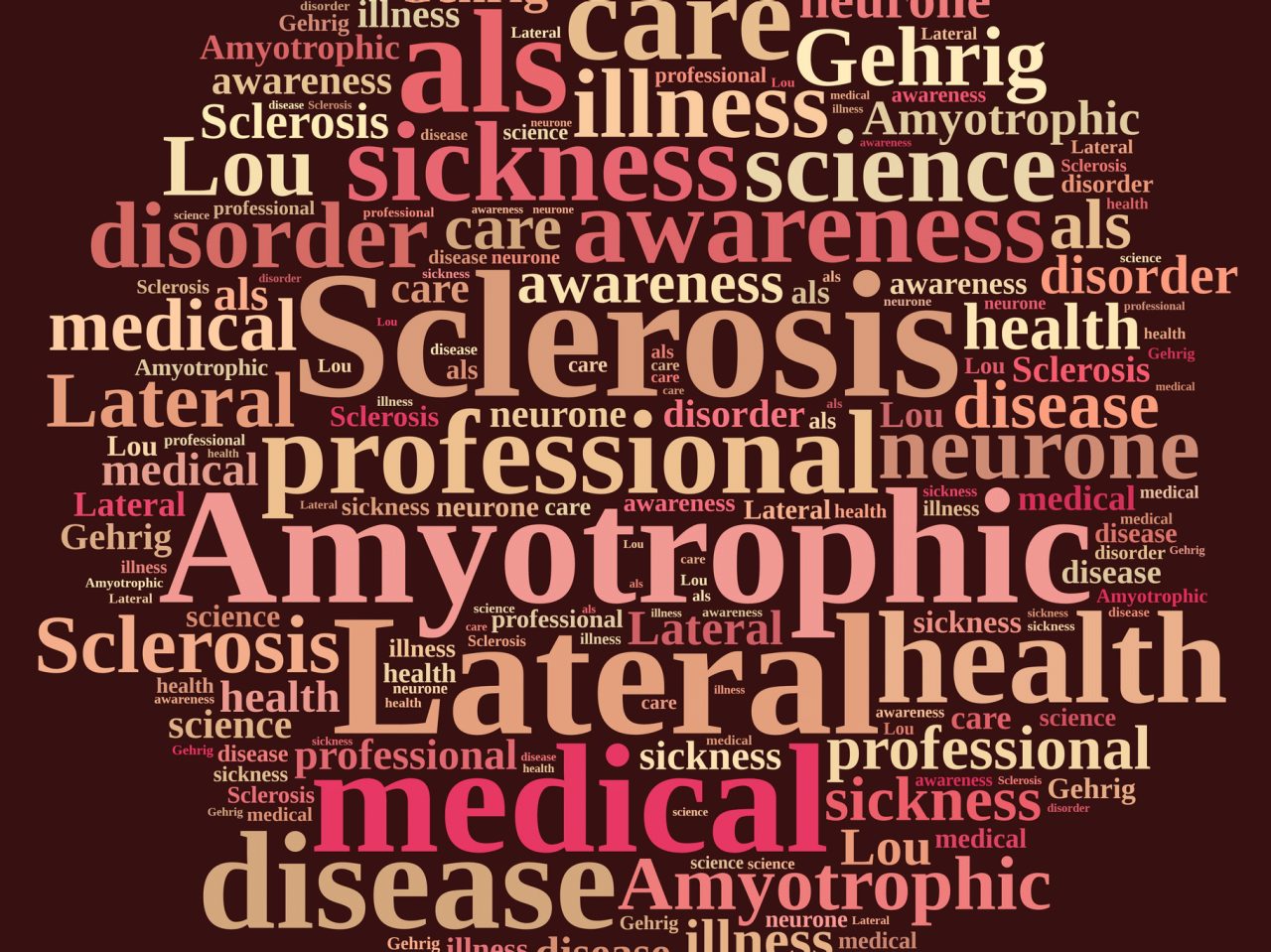What Research Is Being Done on ALS? — Page 4

New treatments for ALS
There is no cure for ALS. Several Food and Drug Administration (FDA) approved therapies, however, can help ALS symptoms, at least temporarily.
For several decades, only one drug, riluzole (Rilutek), was approved specifically as an amyotrophic lateral sclerosis treatment. Rilutek can extend a patient’s survival for a few months, but it won’t reverse nerve damage or stall progress of the disease.
Edaravone (Radicava), a medication used to restore mental function in people who’ve had a stroke, can improve cognition in people with ALS better than placebo. Edaravone cleans up free radicals, toxic byproducts of the body’s cellular processes.
More recently, the FDA approved Relyvrio (a combination of sodium phenylbutyrate and taurursodiol) for treating ALS, based on promising data from a small clinical trial that showed the drug slowed progression of the disease. It can be given alone or in combination with other medications.
Exactly how the drug helps ALS patients, at least temporarily, is unknown, but more research is underway.
In all, there are seven drugs to treat ALS and its symptoms:
- Qalsody
- Relyvrio
- Radicava
- Rilutek
- Tiglutik
- Exservan
- Nuedexta
None approach a cure, but researchers are learning more about approaches to relive ALS symptoms, hopefully prolonging life and eventually curing the disease.
Other ALS drugs in development work differently. Some of the most promising are gene therapies, which deliver a healthy gene into a patient’s body to replace one that ALS damages.
<< Previous Next: Personalized medicine for ALS >>
Updated:
June 12, 2023
Reviewed By:
Christopher Nystuen, MD, MBA and Janet O'Dell, RN